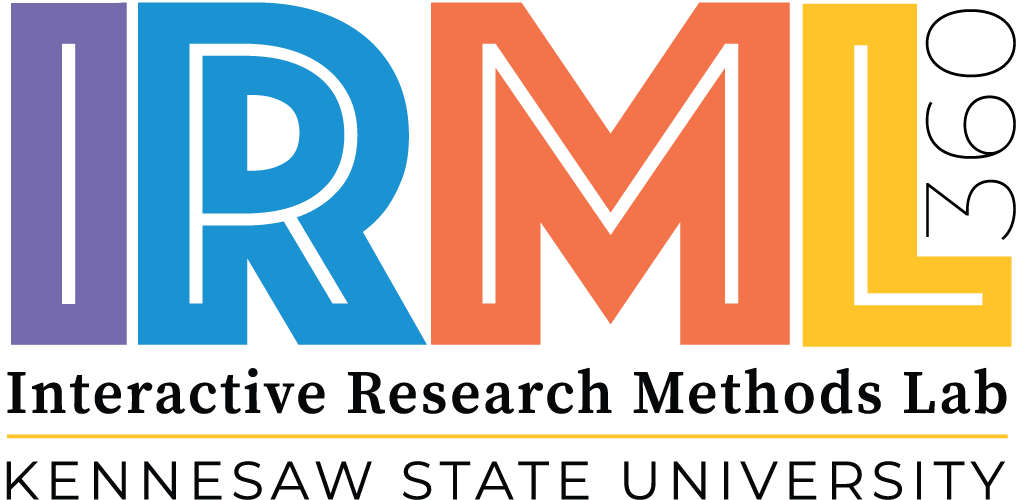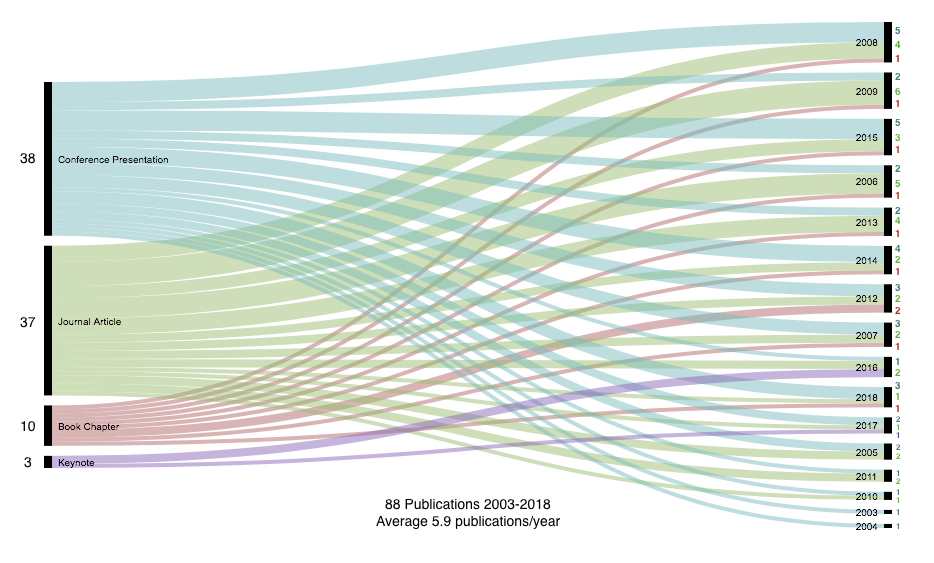Ivan Jorrin Abellan
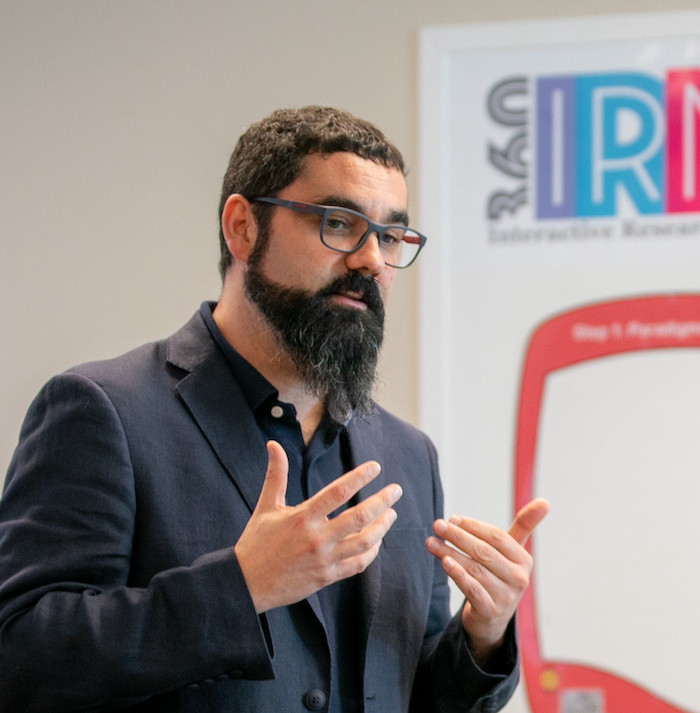 Welcome to my website! I'm Professor of Educational Research in the Department of Secondary and Middle Grades Education, at the Bagwell College of Education.
Welcome to my website! I'm Professor of Educational Research in the Department of Secondary and Middle Grades Education, at the Bagwell College of Education.
I am a passionate learner who loves teaching, research and innovation. I have expertise
in qualitative research methods with extensive experience teaching and researching
innovative uses of technology in Education. I´ve worked for twelve years (2001-2014)
at the Intelligent & Cooperative Systems Research Group at the University of Valladolid (Spain), where I got my Ph.D in Educational Technology. Within this transdisciplinary
team formed by engineers, computer scientist and educators, we developed a number
of innovative technologies to support teachers in the complete lifecycle of collaborative
learning environments. In 2009 after a two-year Fulbright scholarship at the University
of Illinois at Urbana-Champaign, I founded the Center for Transdisciplinary Research in Education (CETIE) at the University of Valladolid. In 2014 I was hired by Kennesaw State University (Ga) where I have recently developed
the Hopscotch Model; a theoretical model and a webtool based on Google technologies, to help novice researchers
generate qualitative research designs.
You can find below links to my public research profiles:
News
-
October 2024: eduHacking podcast
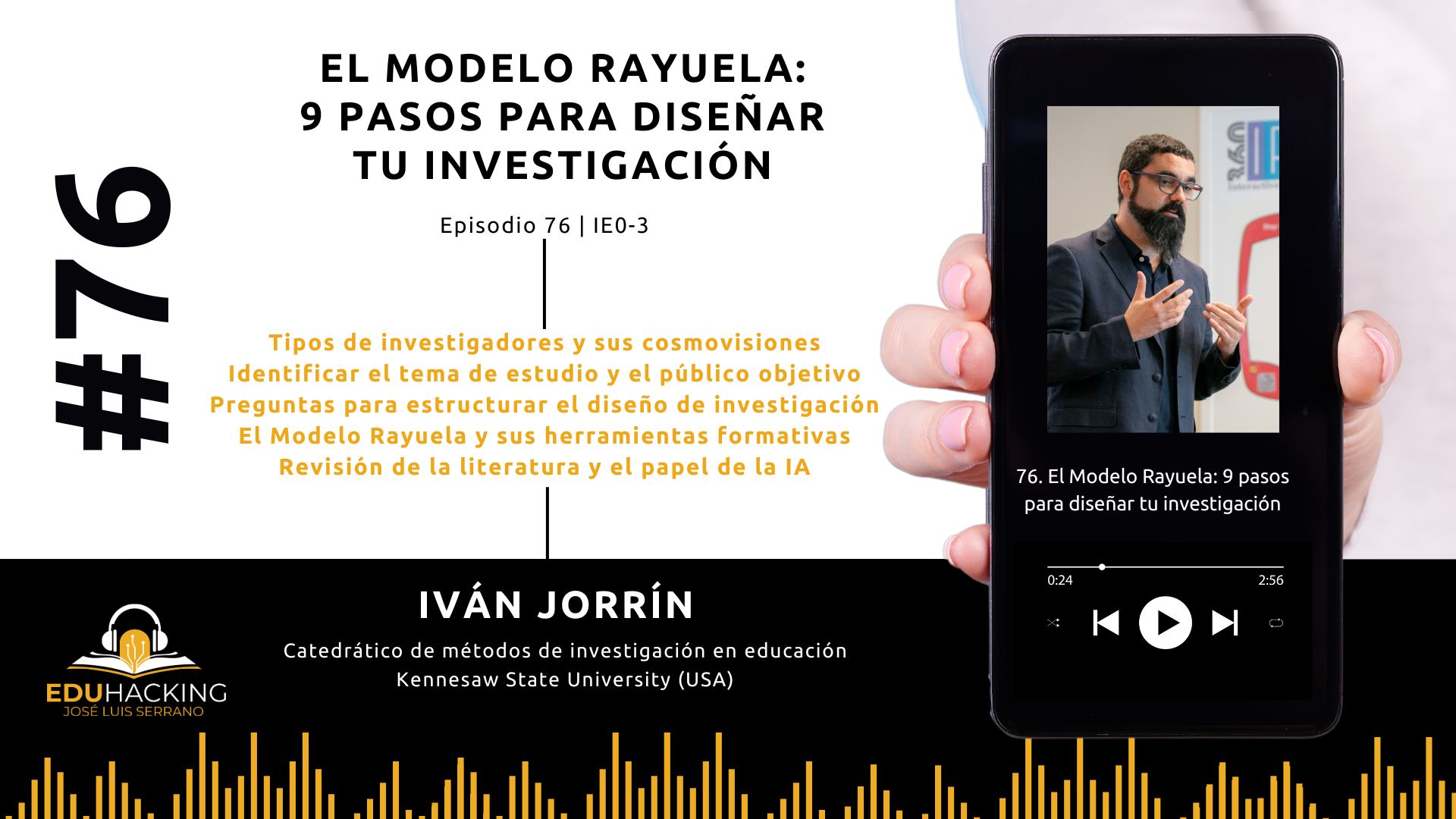
-
February 2023: Finalists for the 2023 Technology from SAGE Innovators Award
Our application, "Integrating resources into research design” has been selected as one of 3 finalists for the 2023 Technology from SAGE Innovators Award.
There will be a live award winner announcement session on Tuesday, March 7 from 11:30 am - 12:15 pm Central in Salon C in Austin, Texas.

-
October 2021: Scholarship of Teaching and Learning Summit. Plenary Workshop
Today (10/7/2021) I've had the pleasure of delivering a plenary workshop titled "Playing Hopscotch to Generate Well-Informed SoTL Research Designs," at the 2021 Scholarship of Teaching and Learning Summit.
-
June 2021: New Book "Investigar en Educación."
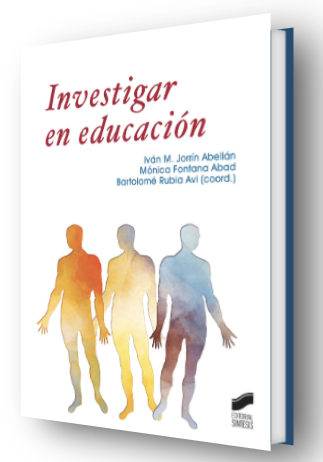 Our new book, "Investigar en Educación," has been published today (6/8/2021) by Síntesis publisher!
Our new book, "Investigar en Educación," has been published today (6/8/2021) by Síntesis publisher! Reference:
Jorrín-Abellán, I. M., Fontana Abad, M., & Rubia Avi, B. (2021). Investigar en educación. Síntesis. (View)
-
June 2021 - Visit to Universidad de la Coruña (Spain) (GIPED Research Team)
On June 14th, 15th, and 16th I had the pleasure of delivering the following two workshops at Universidad de la Coruña (Spain) (GIPED Research Team) : Introduction to Qualitative Research, and Data Analysis in Qualitative Research.
Thanks to my friends Antonio Valle, Susana Rodríguez, Isabel Piñeiro, and Iris Estévez for the warm welcome!
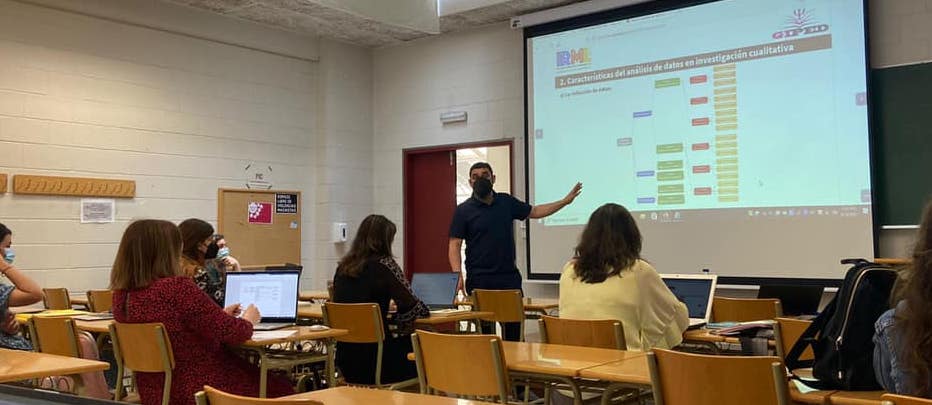
-
December 2020: Opening Keynote in the "International Congress on Educational Psychology"
On December 15th, I had the pleasure of delivering the opening keynote in the "International Congress on Educational Psychology," titled "Desterrando modas-Aprendiendo a investigar: Dos herramientas tecnológicas para el fomento de la cultura investigadora en los maestros/as." (Banishing fashions-Learning to investigate: Two tools for the promotion of teacher's research culture.)
-
September 2020: Research with Relevance Friday Features-Playing Hopscotch To Generate Research Designs
Research Video
Episode Video
-
April 2020: Recipient of KSU's Outstanding Research and Creative Activity Award
I feel honored to have been chosen to receive the 2019-2020 Kennesaw State University Outstanding Research and Creative Activity Award.
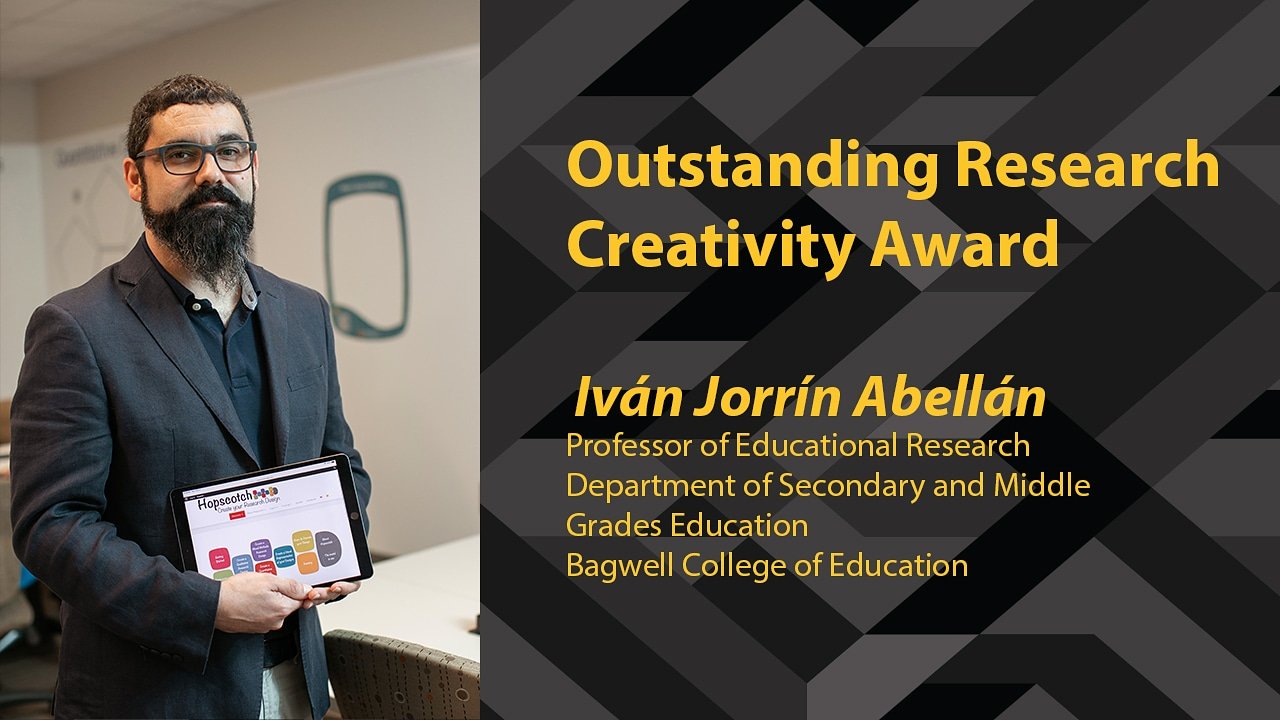
-
November 2019: The Interactive Research Methods Lab on KSU's Homepage
KENNESAW, Ga. (Nov 14, 2019) — When Iván Jorrín-Abellán began teaching at Kennesaw State University, he saw his graduate students experiencing the same frustration that his previous students in Spain had and he had in completing his own dissertation – they were struggling with what steps to take to conduct research most effectively.“The teaching and learning of research methods is usually frightening for students and faculty, and research methods courses are the ones our students postpone until the last possible semester,” said Jorrín-Abellán, a professor of educational research. “Why is that? One plausible answer is the lack of attention and subsequent scarcity of innovation in the teaching of research methods.” (Read more)
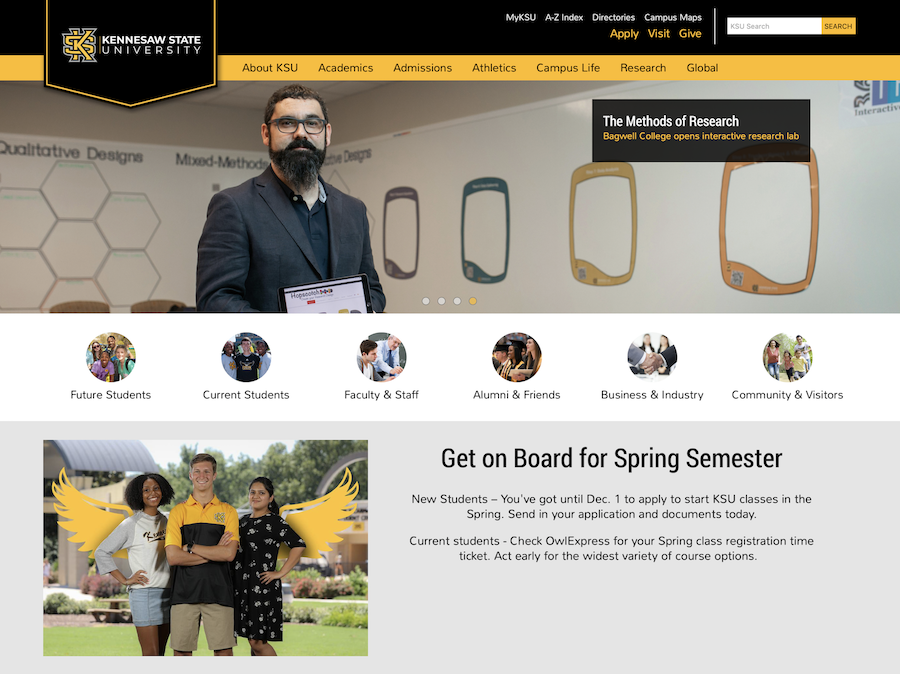
-
October 2019: Presentation at GERA 2019
On October 4th we presented at GERA 2019 the paper titled "The Interactive Research Methods Lab: a Hands-on Innovative Space for the Teaching and Learning of Research Methods in Education." (Download presentation)
Abstract: In this work we describe the process followed to create the “Hopscotch Model”, a tool to help novice researchers to thoroughly accomplish with the design of qualitative research studies. The model helps to incorporate the theoretical background behind any qualitative study, as well as the intrinsic complexity of the multiple technical procedures that could be followed within the many different traditions in the field. The model is supported by an easy to use web-tool that drives researchers through the design of qualitative studies. In this article we describe the different phases followed to generate the conceptual model and the web-tool created to support it. We conceived the Hopscotch model as a “boundary object” plastic-enough to adapt to local needs and constraints of the stakeholders using it, yet robust enough to maintain a common identity across different communities, frameworks and possible scenarios in which it could be employed. Therefore, the proposed model is not intended to be neither complete nor prescriptive, but a flexible tool that can evolve and be completed by anyone using it.
-
June 2019: Presentation at JUTE 2019
In June (26-28) I had the pleasure of presenting the following work at JUTE 2019:
Jorrín-Abellán, I.M.,Koz, O., Gaines,R., Chang, M., Vasquez, A., (2019) Interactive Research Methods Lab: una iniciativa transformadora para fomentar la innovación reflexiva en las aulas (Interactive Research Methods Lab: a transformative initiative to promote reflective innovation in the classroom). XXVII Jornadas Universitarias de Tecnología Educativa (JUTE). Santander, Spain, June. (view) -
June 2019: New article about Hopscotch
 I'm happy to announce that my latest article about Hopscotch has been published.
I'm happy to announce that my latest article about Hopscotch has been published. Jorrín-Abellán, I.M. (2019). Rayuela 2.0: Una herramienta para promocionar la labor innovadora de maestros y maestras mediante la generación de diseños de investigación rigurosos. Revista Latinoamericana de Tecnología Educativa, 18 (1), 23-39. (view)
In this article we present Hopscotch 2.0, a theoretical framework and a Webtool developed with the aim of helping novice researchers in the fields of education and social sciences, to generate solid and well-informed research designs. The present work shows the evaluation process of Rayuela 1.0, the obtained formal results, and the changes made to the initial version of Hopscotch that have helped de development of an enhanced 2.O version. Hopscotch is a tool available to teachers interested in the proposal of innovations based on the systematic and rigorous analysis of their practices. The 2.0 offers a web tool for the interactive generation of qualitative, quantitative and mixed method, rigorous and well informed research designs that allow educators to analyze, criticize and improve their practice. The new improved version of Rayuela is bilingual and offers spaces for the sharing and discussion of the research designs created by its users.
-
June 2019: Visiting Universidad de la Coruña (Spain)
During the first week of June I had the pleasure of delivering the workshop "La Investigación Cualitativa en Psicología y Educación" (Qualitative Research in Psychology and Education) at Universidad de la Coruña in Spain.
I was invited by the doctoral program "Desenvolvemento Psicolóxico, Aprendizaje e Saúde," (Psychological Development, Learning and Health) and the GIPED Research Group.
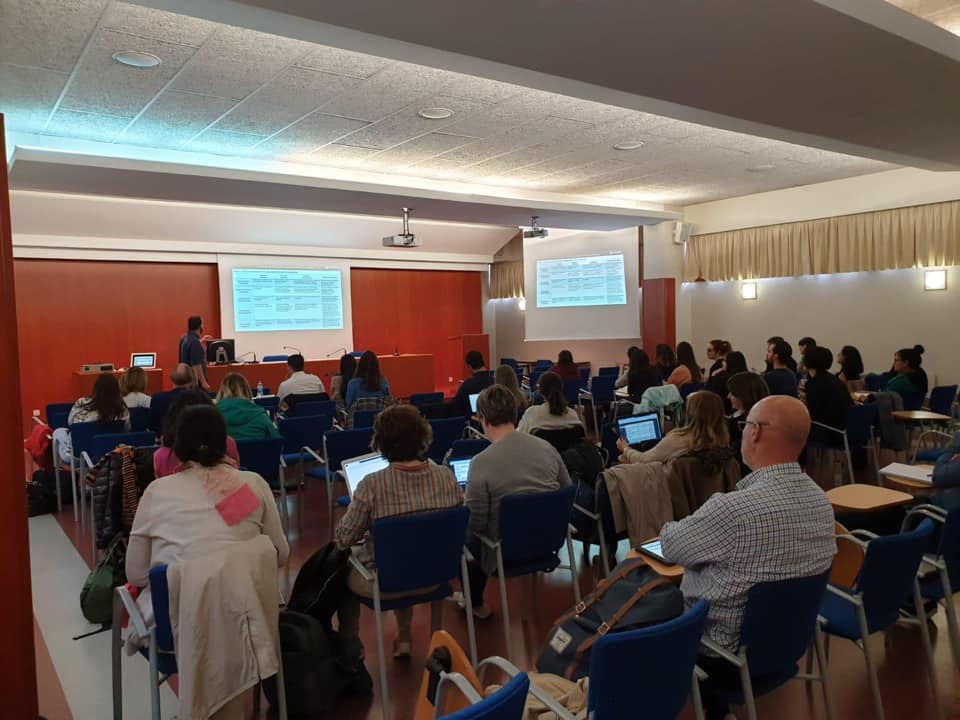
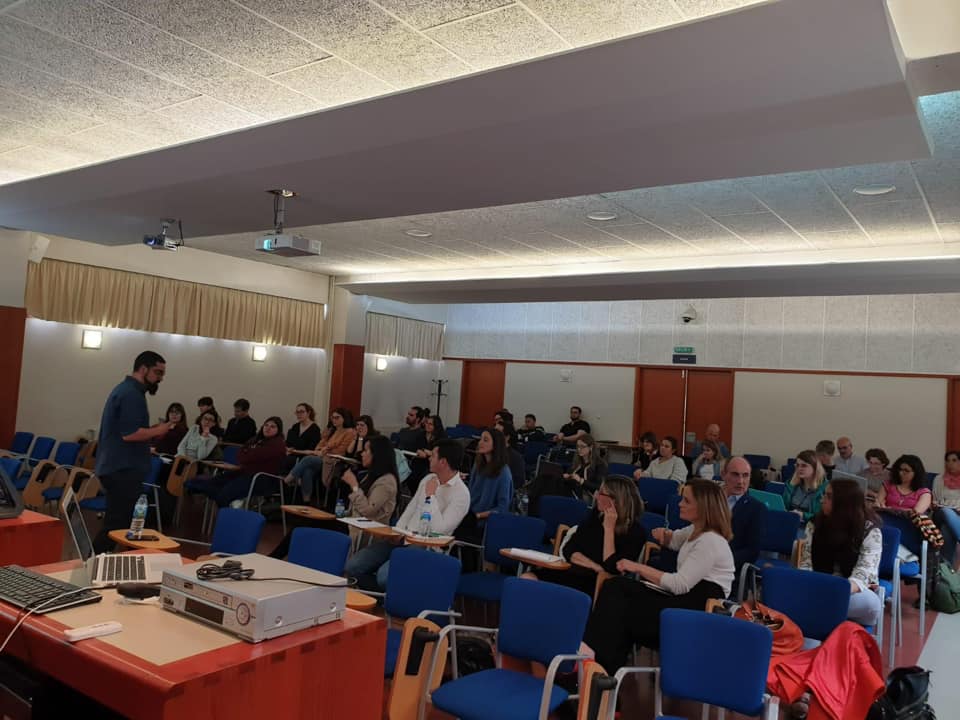
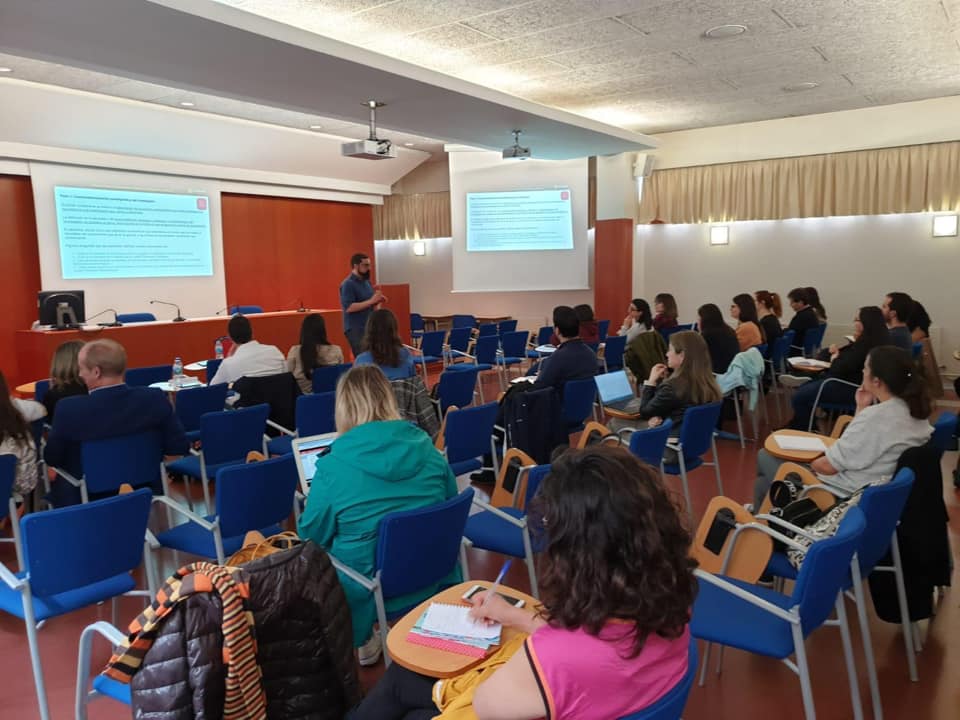
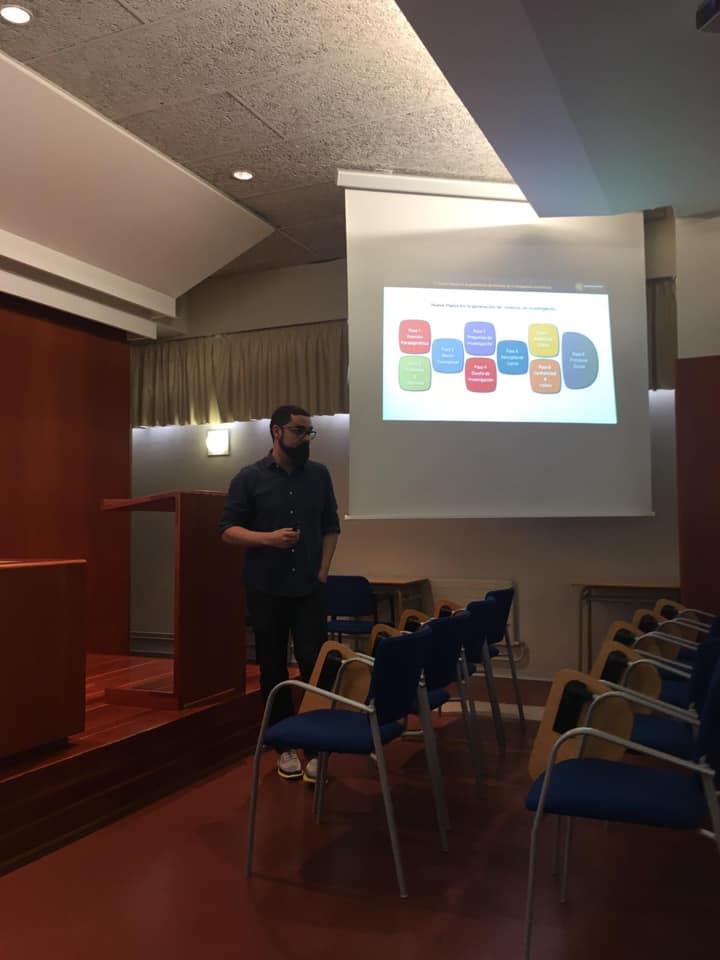
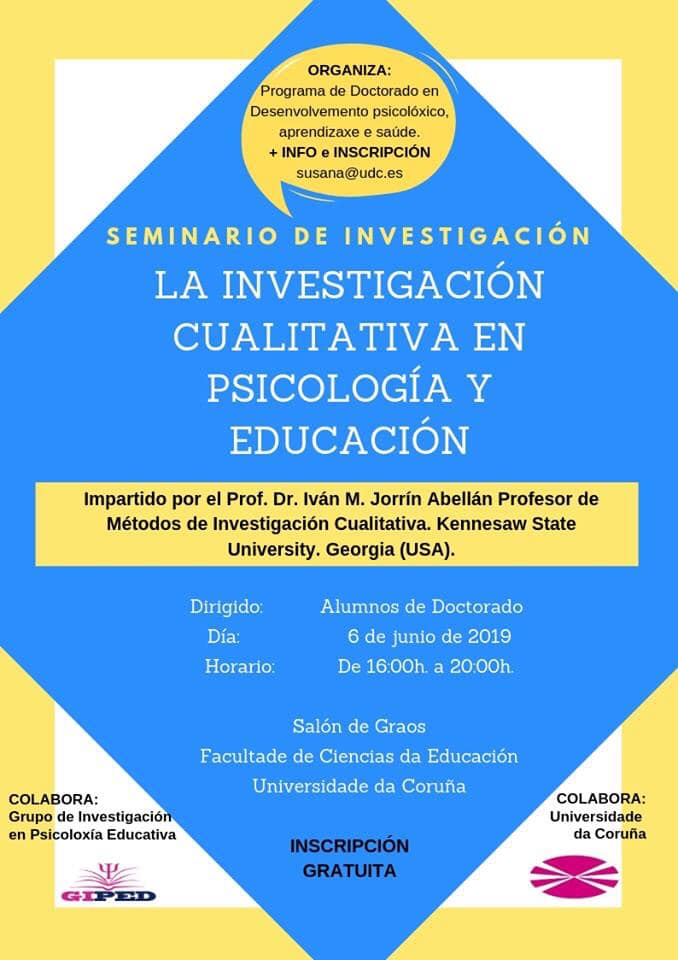
-
February 2019: "Hopscotch 2.0: an enhanced version of the Model for the Generation of Research Designs in Social Sciences and Education"
Jorrín-Abellán, I. M. (2019) "Hopscotch 2.0: an enhanced version of the Model for the Generation of Research Designs in Social Sciences and Education," Georgia Educational Researcher: Vol. 16 : Iss. 1 , Article 3.
Available at: https://digitalcommons.georgiasouthern.edu/gerjournal/vol16/iss1/3Abstract
The development of educational research designs might be daunting for novice researchers that have to make choices among the plethora of philosophical frameworks, research traditions, and different methods existing in the field. In this article we describe the process followed to formally evaluate Hopscotch, a model and a web-tool created by the author in 2015 to help novice researchers in the generation of solid and well-informed qualitative research designs. To do so, a responsive evaluation based on case study methods was conducted. The obtained results led us build a new 2.0 version of the Hopscotch's web-tool overcoming the limitations identified by the users of the initial version launched in 2015. Among others, the web-tool now offers the possibility of creating not only qualitative research designs, but also quantitative and mixed-methods designs. The system also allows for the collaboration and sharing of research designs among its users. It also provides the option of generating visual representations of the key components of six different types of qualitative research designs, four types of quantitative research designs, and four types of mixed-methods research designs. This newly developed tool based on the principles of Open Science, aims at helping novice researchers to deeply reflect on the research designs for their dissertations, research studies and even capstone projects. -
November 2018: Visiting Universidad del Rosario (Colombia)
This month I had the chance of visiting the Universidad del Rosario (Colombia), where I delivered the following sessions and workshops:
- Jorrín-Abellán, I.M. (2018) Pasos y Componentes en la Construcción del Marco Conceptual de una Investigación. Universidad del Rosario (Colombia) (11/13/2018)
- Jorrín-Abellán, I.M. (2018) Donde Residen la Inspiración y las Buenas Ideas de Investigación: Lecciones aprendidas en mi viaje personal en la academia. Invited presentation at Universidad del Rosario (Colombia). (11/14/2018)
- Jorrín-Abellán, I.M. (2018) Proceso de creación de cursos online en Kennesaw State University. Invited presentation at Universidad del Rosario (Colombia). 11/22/2018
- Jorrín-Abellán, I.M. (2018) Rayuela: Un modelo y herramienta web para la generación de diseños de investigación. Universidad Konrad Lorenz (Colombia). Invited workshop at Universidad Konrad Lorenz. 11/20/2018
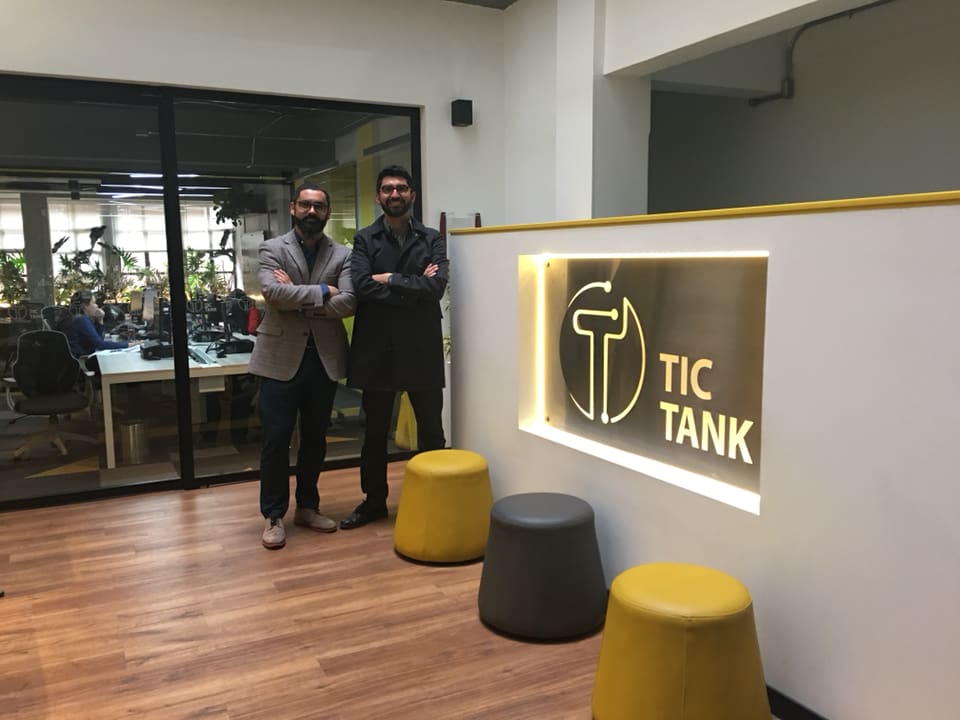
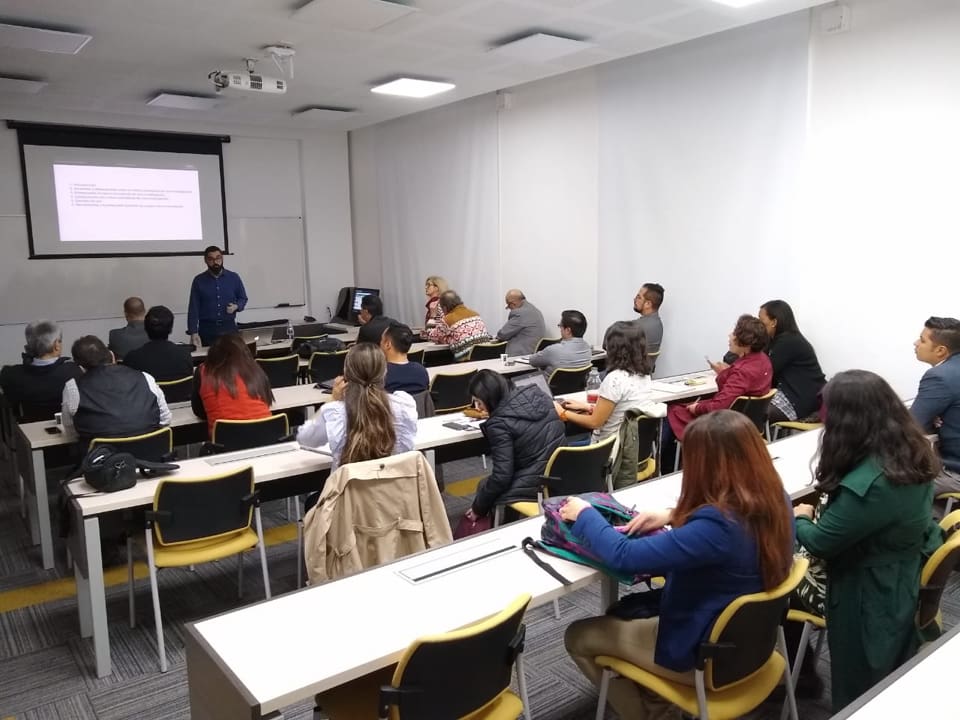
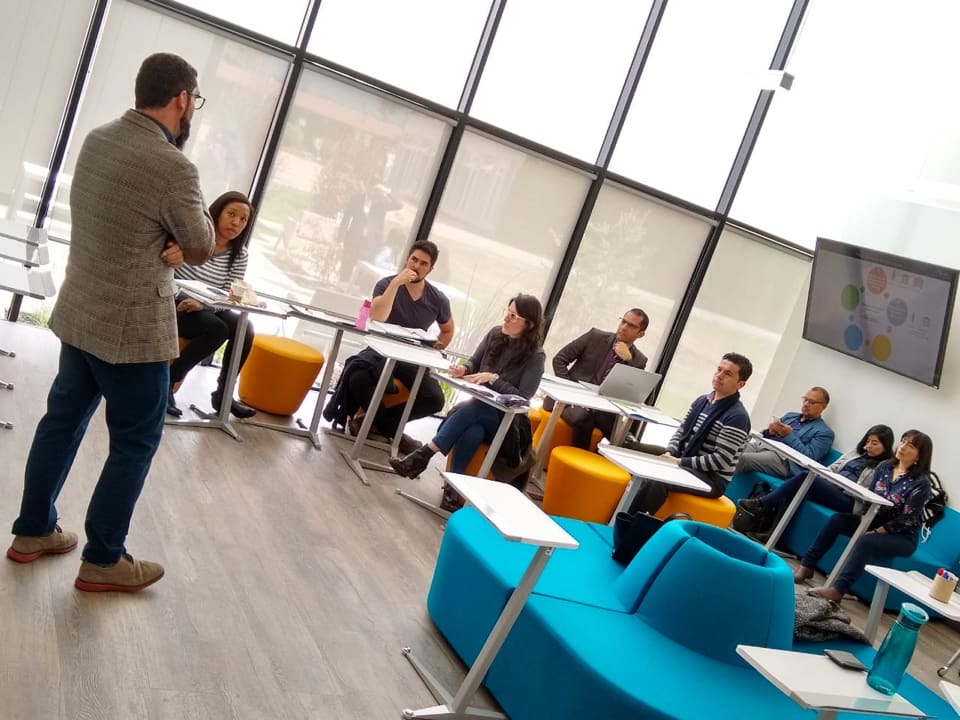
-
October 2018: BCOE Hispanic/Latinx/os Heritage Month Panel Discussion
The Bagwell College of Education Standing Committee for Diversity hosted its first-ever YouTube Panel Discussion on Tuesday, October 2nd, entitled.This time the panel was devoted to the discussion of issues affecting Latinos/as/@/x/Hispanic faculty and students.
-
June 2018: Presentations at JUTE 2018
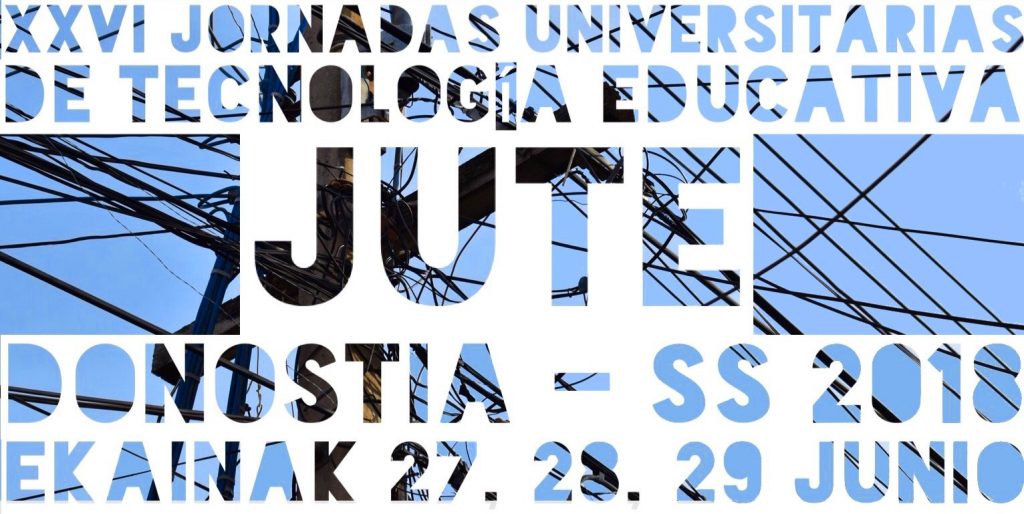 In June I presented the following works at JUTE 2018:
In June I presented the following works at JUTE 2018: -
May 2018: Summary of publications 2003-2018
-
May 2018: Get to know the Bagwell College of Education Research Consortium
-
April 2018: New chapter published in the "Handbook of research on K-12 online and blended learning

I'm happy to announce that you can find below a link to the "Handbook of research on K-12 online and blended learning (2nd ed.)" in which I have published a chapter (chapter 5) in collaboration with Anissa Lokey-Vega and Leslie Pourreau.
Lokey-Vega, A., Jorrín-Abellán, I.M., Pourreau, L. (2018). Theoretical Perspectives in K-12 Online Learning. In K. Kennedy & R.E. Ferdig (Eds.), Handbook of research on K-12 online and blended learning (2nd ed., pp. 65-90). Pittsburgh, PA: ETC Press. -
November 2017: Keynote at CIPSE 2017
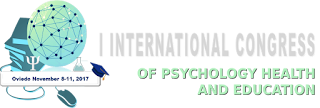 In November, 2017 I delivered a keynote entitled "Construyendo Rayuela: Un modelo
y herramienta web para el diseño de investigaciones cualitativas," within the "International Conference on Psychology, Health and Education (CIPSE 2017)."
In November, 2017 I delivered a keynote entitled "Construyendo Rayuela: Un modelo
y herramienta web para el diseño de investigaciones cualitativas," within the "International Conference on Psychology, Health and Education (CIPSE 2017)."The slides I used can be downloaded here.
-
August 2016: Hopscotch Building: A Model for the Generation of Qualitative Research Designs
In this article we describe the process followed in the creation of the “Hopscotch Model,” a tool to help novice researchers thoroughly design qualitative research studies while learning the philosophical underpinnings of this particular form of research. The model helps to incorporate the theoretical background behind any qualitative study, as well as the intrinsic complexity of the multiple technical procedures that could be followed within the many different traditions in the field. Hopscotch is supported by an easy to use web-tool that drives potential users through the design of qualitative studies. In this article we describe the phases followed to generate the conceptual model and the web-tool. We conceived the Hopscotch model as a “boundary object,” plastic-enough to adapt to local needs and constraints of the stakeholders using it, yet robust enough to maintain a common identity across different communities, frameworks and possible scenarios in which it could be employed. Therefore, the proposed model is not intended to be complete nor prescriptive, but a flexible tool that can evolve and be completed by anyone. Even though a formal evaluation of the model and web-tool has not been conducted, in this work we present usage data supporting the usefulness of our proposal.
-
How to create your own faculty page
- Web Editors Guide
- Create your ORCID ID: ORCID provides a persistent digital identifier that distinguishes you from every other researcher and, through integration in key research workflows such as manuscript and grant submission, supports automated linkages between you and your professional activities ensuring that your work is recognized.
- Create your Google Scholar profile: Google Scholar Citations provides a simple way for authors to keep track of citations to their articles. You can check who is citing your publications, graph citations over time, and compute several citation metrics. You can also make your profile public, so that it may appear in Google Scholar results when people search for your name.
- Create your Research Gate profile: ResearchGate is a social networking site for scientists and researchers to share papers, ask and answer questions, and find collaborators.
- Create your Digital Commons selected works profile: SelectedWorks offers clear navigation and a responsive layout to engage visitors with the full range of your scholarship, from teaching materials to streaming video and audio. This author guide covers the basics in creating and managing a SelectedWorks profile.
-





